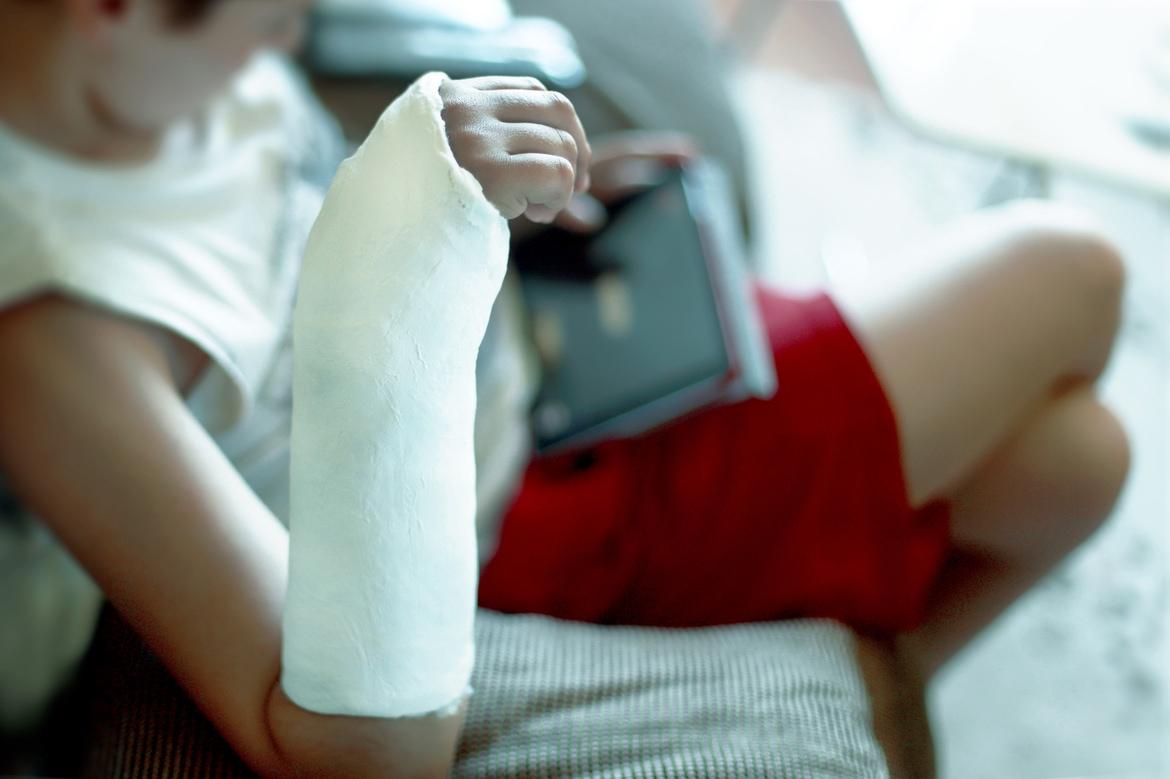Our orthopaedic surgeons and neurosugeons
With a focus on optimal outcomes that get you back to your active lifestyle, our experienced bone surgeons and neurosurgeons at Gleneagles Hospital go the extra mile to provide care for a safe procedure and a smooth recovery.









